Review of the book ‘The Power of Words -2’ authored by Binod Dawadi of Kathmandu, Nepal and Sydnie Beaupre from Canada
By Sushant Thapa
The Power of Words 2 written and edited by Binod Dawadi from Kathmandu, Nepal and Sydnie Beaupre from Canada respectively begins with simple and minimalistic outlook to life. We have poems written by Binod with un-capitalized titles and poems by Sydnie have capitalized titles. The book also contains fictions written by Binod and Sydnie separately.
The poet puts forth that he is happy without luxury—this is a minimalistic idea. The poems are simple and they flow spontaneously. I see wisdom and honesty in the self-expression of both the writers of this collection. A belief in higher power like Jesus and Buddha have been turned into a common need for enlightenment and humanity. The existence and belief of gods in human form have been celebrated.
The birth of many Gods like Jesus Christ,
Gautam Buddha and the like help to spread,
Enlightenment. (Context)

There is a reference to Kubla Khan, a literary work by Samuel Taylor Coleridge in one of the poems written by Binod. This reference to notable literary work provides an authentic intellectual attire to this collection. The ability of Binod to relate to these literatures of past is worthy to be noted. There is a poem titled “Oneirism” which means dream like experiences. This poem has that personal touch and it has been expressed well. It has proven that poetry is the highest form of human expression.
In one of the poems Binod evokes beauty by taking the name of Helen. A good vocabulary like oneirism, literary references and new ideas make this collection fresh. The poet values knowledge according to the written poems, but we feel that he is also imparting knowledge and sharing his wonderful insights to us. They come with graspable meanings and enlighten us. Gatsby, Romeo and Juliet as lovers, Romance in Titanic and Hamlet are also recalled.
Knowledge is God and God is knowledge. (Fiction)
The above-mentioned line shows how the poet values knowledge above all. How poet Binod defines fiction is also important to understand his art. This poem titled “Fiction” has defined his idea of imagination and fiction. Imagination is valued at last, which is the tool of worship for all the poets and writers. The poems in this collection make us understand the need for knowledge and also the importance of imagination.
But also if people get knowledge and gain
Awareness from my imagination,
I should imagine and use fiction. (Fiction)
The poems in this collection also represent grimness of the mind. The not-so-bright side of the mind is also represented. The psychological confession is a daring thing to do. We live in a rapidly growing modern materialistic world where mind is not valued among richness and high goals. However, poet Binod turns inward and addresses his mind. Poetry can be a healing touch of representation if we dare to be self-critical. Inner consciousness and mental well-being are an honest representation, which should not be mistaken for mere confession. The poet is trying to open up himself for us. Poetry will keep that bold voice undying.
In the poem titled “The Power of Dream” many great personalities are mentioned. They are the ones who became successful by overcoming their weakness. Some were born differently-abled. There are names like Jennifer Bricker (an American gymnast born without legs), Stephen Hawking, Albert Einstein, S.T. Coleridge, Sigmund Freud, William Shakespeare, Martin Luther King, William Blake (who composed the famous poem Sick Rose; it is mentioned in the poem “The Power of Dream” written by Binod), Newton and the Wright Brothers.
How Binod provides the message in this poem by connecting with these personalities is really enlightening. The message is uniquely portrayed in his expression. The message is also varied, effective and well communicated.
The poem entitled “Right To Live” has a humanitarian tone. It talks about equality of rights.
The reference to a famous poem by Robert Frost titled “Stopping by Woods on a Snowy Evening” is exceptional in this book because it has been linked to horse and its fidelity that never deceives. The idea that horse is not infidel to its master is put forth in this poem. Trojan Horse is also remembered.
In Stopping by Woods on a Evening
Robert Frost forgets times and enjoys,
Nature. But his horse shakes a bell,
Showing the delay of time and telling reader that they went very far (Infidelity)
The poems in this book feel too direct, but they convey their ideas in a simpler way. Young readers will also find this book understandable. They can get acquainted with literary and important references in the book. The references in the book are varied and important. They create impressions on the readers’ mind and cannot be forgotten.
The story about essence warriors entitled “Victorious” is a varied and culturally diverse fiction. It is written by Sydnie Beaupre. Magic and good and bad vampire also make up the fiction section. Binod has written about good and bad vampire. In the story Binod is a good and kind Vampire. It carries a moral message. Good vampire is aware about the evils of the society. He wants to contribute to the goodwill of the society. A good Vampire can be a modern-day character.
In the fiction part of the book, the link between Binod’s good vampire and Sydnie’s Japanese yokai (not all yokai are evil) have similarity. The fight between spirit and human, some yokai preventing a spirit from attacking a human all build up great interest in the fiction section of this book. The first story of the fiction section written by Sydnie is captivating. It is also unique. This story has a charm of a true literary creativity. The coherence, character development and what the characters do are properly portrayed in the first story entitled “VICTORIOUS” by Sydnie Beaupre.
The second story in the collection by Sydnie concerns familial relationship. It is also equally creative. It offers social insight. The story is titled “Such Broken Beginnings.”
Overall, this second book on The Power of Words book series justifies the existence of creativity. I would recommend this book to creative learners and writers. In conclusion, this collection is an insightful use of time from the perspective of both, the writer and readers.
About the Author
Binod Dawadi, based in Kathmandu, Nepal, having a master’s degree in English, is a writer, teacher, artist, photographer, model, and singer. Dawadi actively participates in global events and exhibitions. From the “International Art Festival” in Korea to the “Creating People’s Side Virtual International Exhibition” in Hungary, his work has been displayed worldwide. His authored books, including the iconic “The Power of Words” series and “Serenity’s Ecstasy,” serve as beacons of inspiration for readers worldwide.
__________________
Sushant Thapa is a Nepalese poet from Biratnagar-13, Nepal who holds a Master’s degree in English literature from Jawaharlal Nehru University, New Delhi, India. He has published five books of English poetry namely: The Poetic Burden and Other Poems (New Delhi, 2020), Abstraction and Other Poems (UK, 2021), Minutes of Merit (Kolkata, 2021), and Love’s Cradle (New York, USA and Senegal, Africa, 2023), Spontaneity: A New Name of Rhyme (New Delhi, 2023). Poems written by Sushant have been published in several countries.
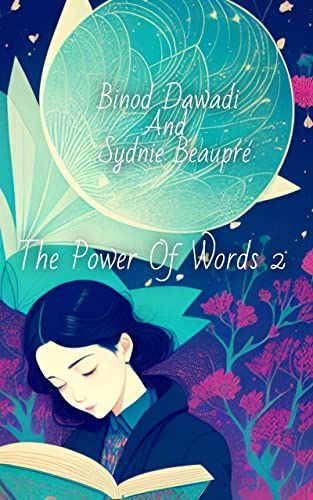

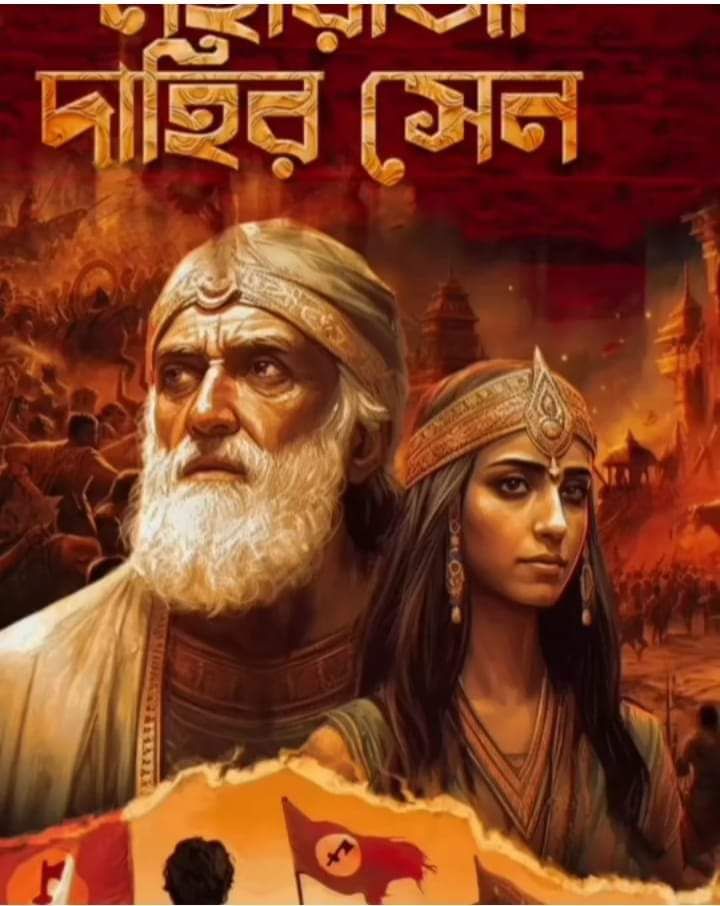
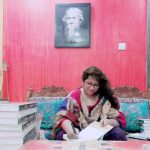 Debasree Chakraborti is a renowned novel writer of Bengali language. Based in Kolkata, West Bengal, India, she has done Master’s in Modern History from the Kolkata University, and authored some thirty books, mostly the novels, with historical perspective and themes. Her most recent novel is ‘Maharaja Dahir’ that covers the history of Sindh from 662, the year of first attack on Sindh by the Arab armies till date.
Debasree Chakraborti is a renowned novel writer of Bengali language. Based in Kolkata, West Bengal, India, she has done Master’s in Modern History from the Kolkata University, and authored some thirty books, mostly the novels, with historical perspective and themes. Her most recent novel is ‘Maharaja Dahir’ that covers the history of Sindh from 662, the year of first attack on Sindh by the Arab armies till date. Rajesh Giri, born in Kolkata, had his early schooling from Kolkata and then from Medinipur—a village in Bengal. He graduated from Calcutta University with Physics and Maths and Master’s from Burdwan University in 2016. Now he is associated with Adhdhyaan educational institution teaching Physics. History enthusiastic Rajesh Giri is particularly interested in the ancient civilization of India and other regions like Egypt, Mesopotamia, and North America. He loves traveling.
Rajesh Giri, born in Kolkata, had his early schooling from Kolkata and then from Medinipur—a village in Bengal. He graduated from Calcutta University with Physics and Maths and Master’s from Burdwan University in 2016. Now he is associated with Adhdhyaan educational institution teaching Physics. History enthusiastic Rajesh Giri is particularly interested in the ancient civilization of India and other regions like Egypt, Mesopotamia, and North America. He loves traveling.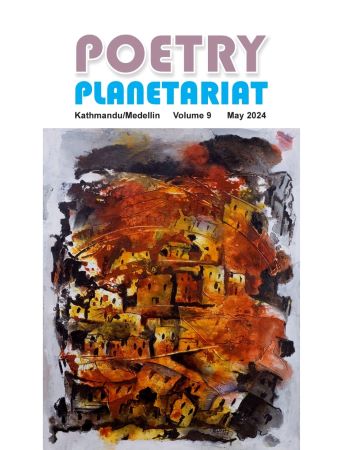


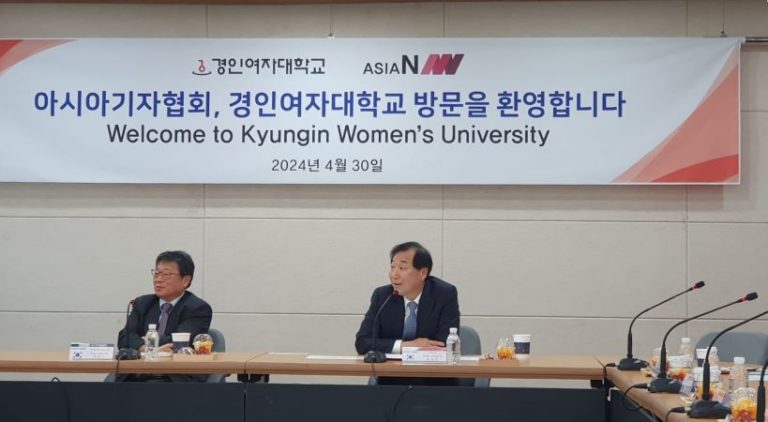
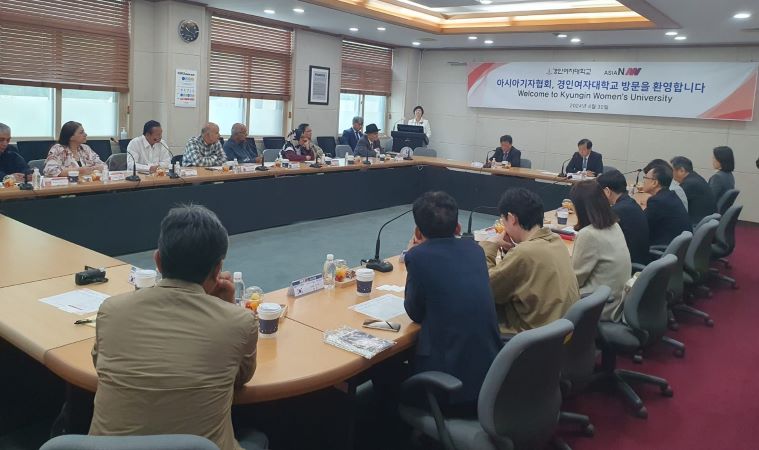
 At Kyung-In Women’s University, students are encouraged to pursue their passions and interests, whether it be in the fields of business, humanities, social sciences, or natural sciences. The university offers a wide range of undergraduate and graduate programs, as well as professional development courses and workshops to help students enhance their skills and knowledge.
At Kyung-In Women’s University, students are encouraged to pursue their passions and interests, whether it be in the fields of business, humanities, social sciences, or natural sciences. The university offers a wide range of undergraduate and graduate programs, as well as professional development courses and workshops to help students enhance their skills and knowledge. In addition to its academic programs, Kyung-In Women’s University also offers a variety of extracurricular activities and opportunities for students to get involved in the community. From sports teams and cultural clubs to volunteer programs and internships, the university provides students with a well-rounded education that prepares them for success in all aspects of their lives.
In addition to its academic programs, Kyung-In Women’s University also offers a variety of extracurricular activities and opportunities for students to get involved in the community. From sports teams and cultural clubs to volunteer programs and internships, the university provides students with a well-rounded education that prepares them for success in all aspects of their lives.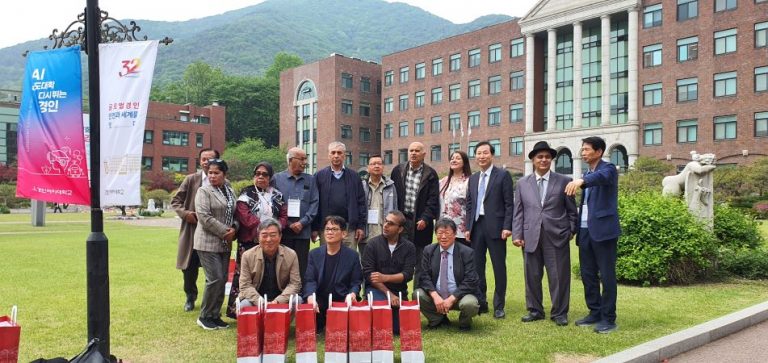 Following the welcome ceremony, Ms. Kyungok Park, Director, Office of International Affairs, led the delegation to various departments of the university, and witness what the ongoing classes, physical activities etc.
Following the welcome ceremony, Ms. Kyungok Park, Director, Office of International Affairs, led the delegation to various departments of the university, and witness what the ongoing classes, physical activities etc.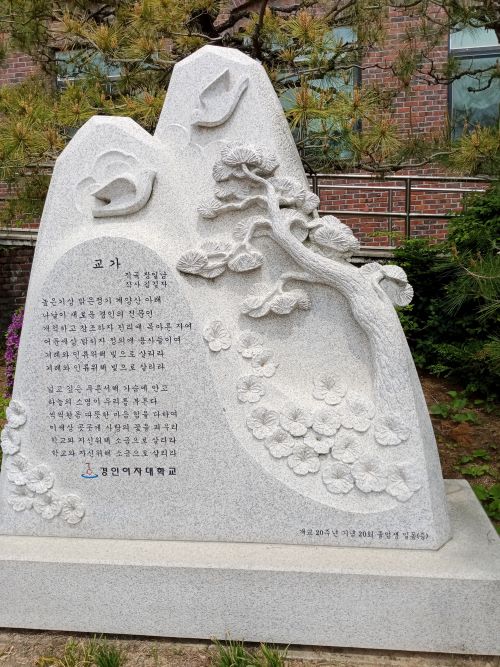 The visiting journalists had also a very interesting interaction with the foreign students during an ongoing class on airline services. “The KIWU also collaborates with several other countries under the exchange programs,” Ms. Kyungok Park told adding that the university is collaborating with a number of institutions of USA, Australia, Japan, Hungary, China, Cambodia, Mongolia, Philippines, Canada, United Kingdom, New Zealand, Russia, Malaysia, United Arab Emirates, Dubai and Vietnam under the international exchange programs.
The visiting journalists had also a very interesting interaction with the foreign students during an ongoing class on airline services. “The KIWU also collaborates with several other countries under the exchange programs,” Ms. Kyungok Park told adding that the university is collaborating with a number of institutions of USA, Australia, Japan, Hungary, China, Cambodia, Mongolia, Philippines, Canada, United Kingdom, New Zealand, Russia, Malaysia, United Arab Emirates, Dubai and Vietnam under the international exchange programs.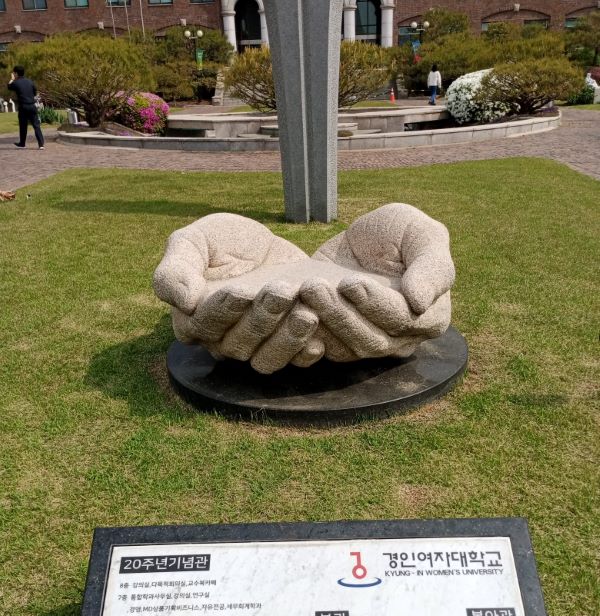 “Based on the Christian spirit of Justice, Love, Truth, and Creation, KIWU has been fostering female talents essential for our society with the founding ideas of Revering God and Loving Humanity. To nurture female talents with truthful personalities and the best capabilities, KIWU is adding innovation on top of innovation,” Ms. Kyungok Park said.
“Based on the Christian spirit of Justice, Love, Truth, and Creation, KIWU has been fostering female talents essential for our society with the founding ideas of Revering God and Loving Humanity. To nurture female talents with truthful personalities and the best capabilities, KIWU is adding innovation on top of innovation,” Ms. Kyungok Park said.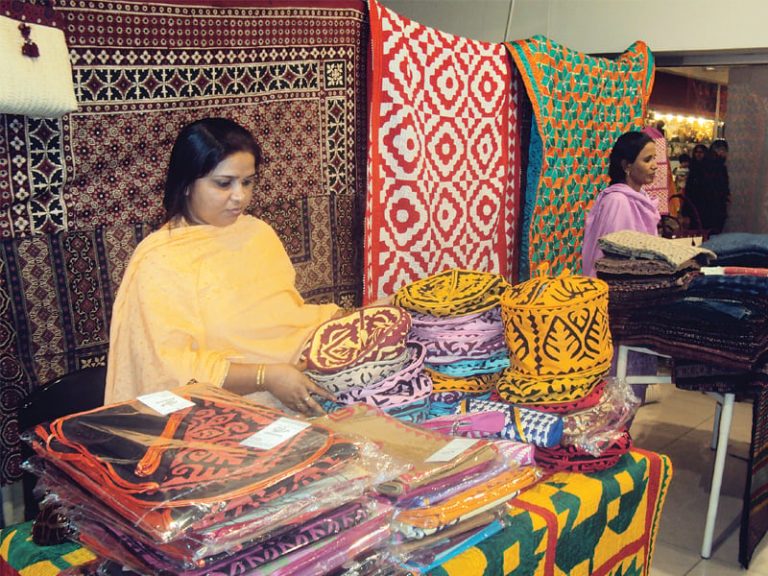
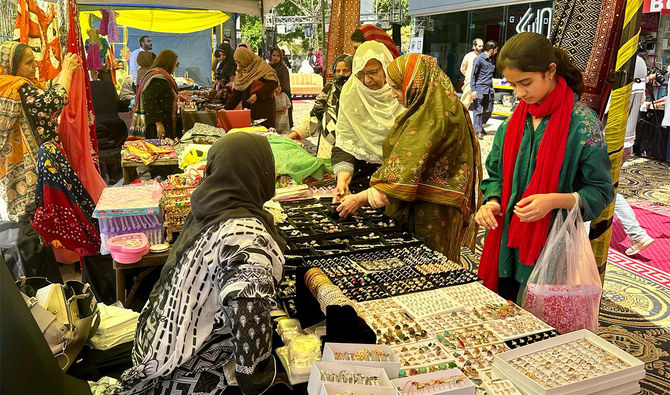 Furthermore, complex documentation requirements and the distance to bank branches can create significant barriers, especially in rural areas. Additionally, some interpretations of Islamic law regarding interest-based transactions may deter a number of women from conventional banking.
Furthermore, complex documentation requirements and the distance to bank branches can create significant barriers, especially in rural areas. Additionally, some interpretations of Islamic law regarding interest-based transactions may deter a number of women from conventional banking.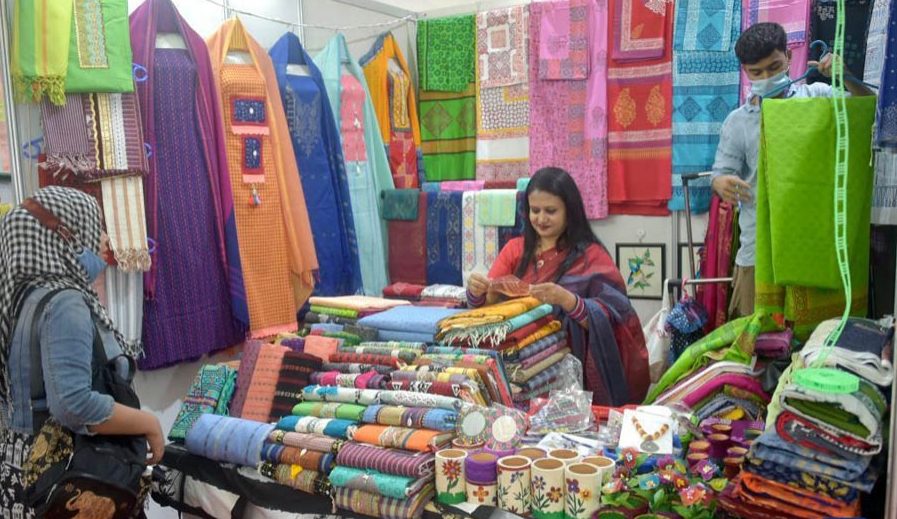 When women have access to financial resources, they can invest in education, healthcare, and other essential services for themselves and their families. This, in turn, leads to improved health outcomes, better-educated children, and overall socio-economic development.
When women have access to financial resources, they can invest in education, healthcare, and other essential services for themselves and their families. This, in turn, leads to improved health outcomes, better-educated children, and overall socio-economic development. Amir Murtaza is a gender expert with a dedicated focus on gender-based violence & gender and development. He can be reached at amirmurtaza1@hotmail.com.
Amir Murtaza is a gender expert with a dedicated focus on gender-based violence & gender and development. He can be reached at amirmurtaza1@hotmail.com.
 Dr. T.S. Anand has authored, edited and co-edited 18 books of creative literature and criticism, and published research papers on Indian English Literature, American, Afro-American and American-Jewish literature. He was President of Indian Association for American Studies (2002-2004), an academic body of university – college teachers in India. Currently, Dr. T.S. Anand lives in Canada and edits Literary Voice: A Peer Reviewed Journal of English Studies. He was Professor of English for two years in the University of Sirte, (Libya 2009 – 2011). Earlier he had retired as Principal of Gujranwala Guru Nanak Khalsa College, Ludhiana (India) in 2008.
Dr. T.S. Anand has authored, edited and co-edited 18 books of creative literature and criticism, and published research papers on Indian English Literature, American, Afro-American and American-Jewish literature. He was President of Indian Association for American Studies (2002-2004), an academic body of university – college teachers in India. Currently, Dr. T.S. Anand lives in Canada and edits Literary Voice: A Peer Reviewed Journal of English Studies. He was Professor of English for two years in the University of Sirte, (Libya 2009 – 2011). Earlier he had retired as Principal of Gujranwala Guru Nanak Khalsa College, Ludhiana (India) in 2008.  REFLECTIONS ON MOTHER ’S DAY
REFLECTIONS ON MOTHER ’S DAY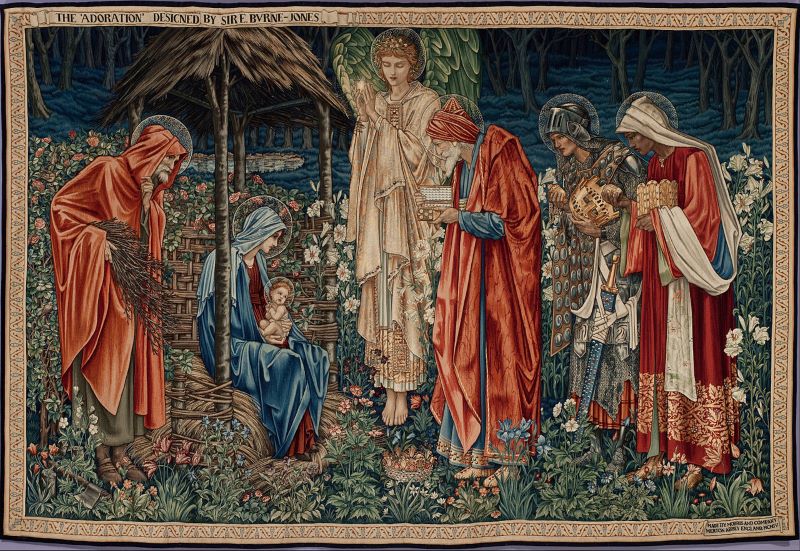

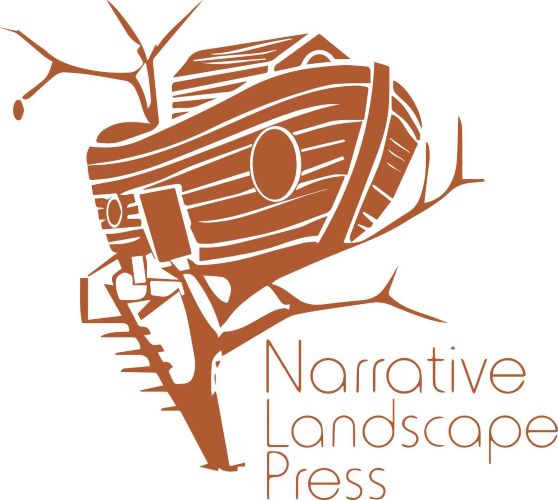


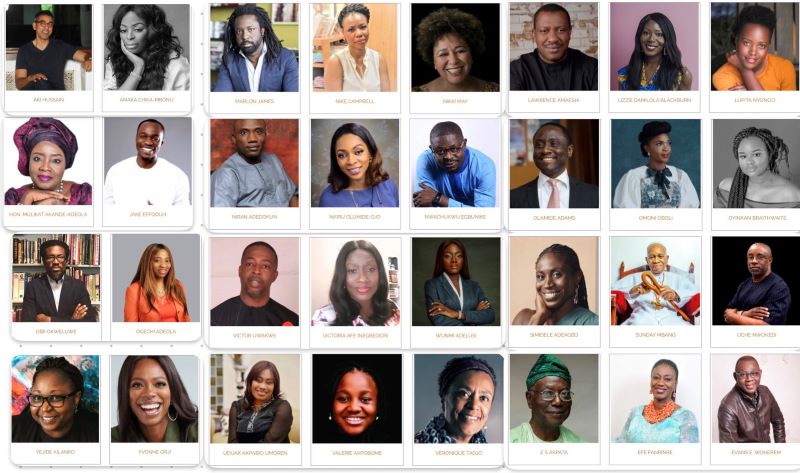
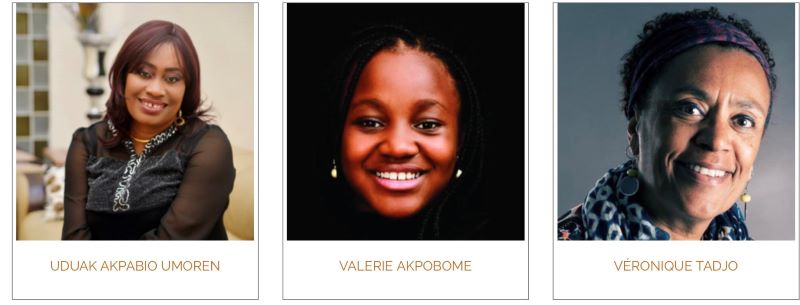
 Adebayo Gbenga is a creative artist with a B.A. in Creative Arts from Tai Solarin University of Education, Ogun State. His professional skills include arts and crafts, editorial designs, publishing (eBooks and print), and illustrations. He has worked with book publishers, magazine firms, individual authors, and clientele in Nigeria and around the world. He is currently the graphics editor for Narrative Landscape Press in Lagos.
Adebayo Gbenga is a creative artist with a B.A. in Creative Arts from Tai Solarin University of Education, Ogun State. His professional skills include arts and crafts, editorial designs, publishing (eBooks and print), and illustrations. He has worked with book publishers, magazine firms, individual authors, and clientele in Nigeria and around the world. He is currently the graphics editor for Narrative Landscape Press in Lagos.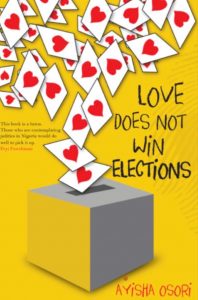 In 2014 Ayisha answers a call from within to contest the primaries for a seat in the National Assembly on the platform of Nigeria’s ruling party – the People’s Democratic Party. She is dissatisfied with the quality of representation – both from the men and women in office and after years advising on and working to get more women into leadership positions, she is curious about what it would take to contest and win.
In 2014 Ayisha answers a call from within to contest the primaries for a seat in the National Assembly on the platform of Nigeria’s ruling party – the People’s Democratic Party. She is dissatisfied with the quality of representation – both from the men and women in office and after years advising on and working to get more women into leadership positions, she is curious about what it would take to contest and win.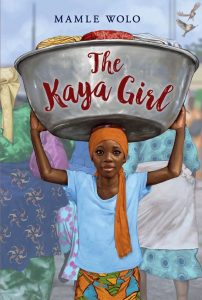 In a bustling market in Ghana’s capital city, the lives of two very different girls collide. Neither of them will ever be the same.
In a bustling market in Ghana’s capital city, the lives of two very different girls collide. Neither of them will ever be the same.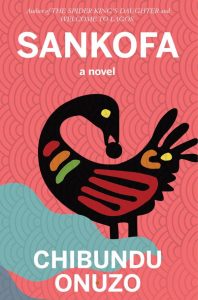 Masterful in its examination of freedom, prejudice, and personal and public inheritance, Sankofa is a story for anyone who has ever gone looking for a clear identity or home, and found something more complex in its place.
Masterful in its examination of freedom, prejudice, and personal and public inheritance, Sankofa is a story for anyone who has ever gone looking for a clear identity or home, and found something more complex in its place.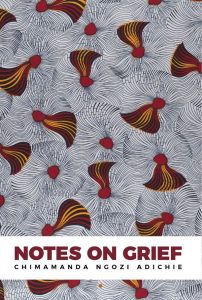 From the globally acclaimed, best-selling novelist and author of “We Should All Be Feminists”, a timely and deeply personal account of the loss of her father.
From the globally acclaimed, best-selling novelist and author of “We Should All Be Feminists”, a timely and deeply personal account of the loss of her father.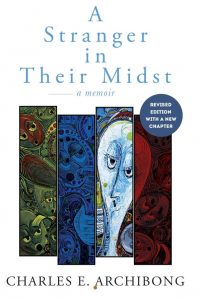 The author was elevated to the bench of the Federal High Court of Nigeria in 2002—the primary superintending forum of Nigeria’s federal system, with jurisdiction over the executive activity of the federal government and all its agencies.
The author was elevated to the bench of the Federal High Court of Nigeria in 2002—the primary superintending forum of Nigeria’s federal system, with jurisdiction over the executive activity of the federal government and all its agencies.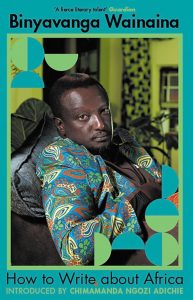 How To Write About Africa, by Binyavanga Wainaina
How To Write About Africa, by Binyavanga Wainaina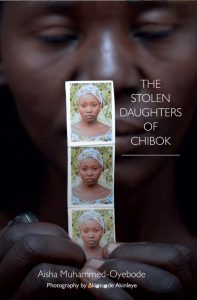 In the middle of the night of April 14 to 15, 2014, terrorists abducted 276 girls from their secondary school’s dormitory in the town of Chibok, Northeast Nigeria. Over the following days, fifty-seven girls managed to escape. For two years, 219 girls remained missing.
In the middle of the night of April 14 to 15, 2014, terrorists abducted 276 girls from their secondary school’s dormitory in the town of Chibok, Northeast Nigeria. Over the following days, fifty-seven girls managed to escape. For two years, 219 girls remained missing.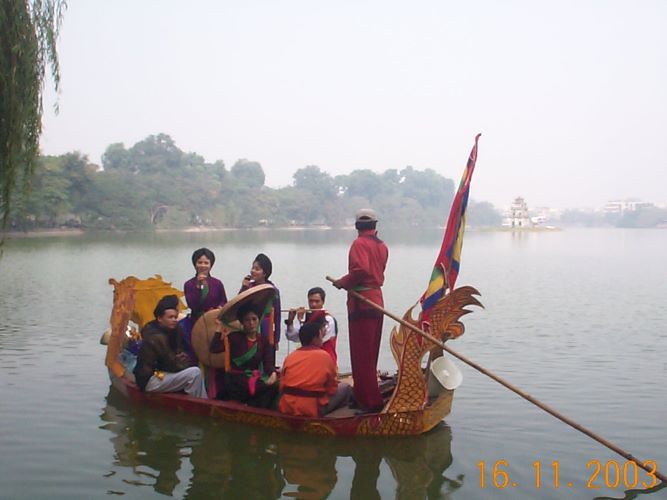
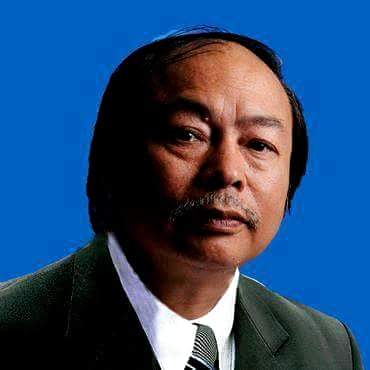 Nguyen Xuan Lai, born in 1954, is the member of the Hanoi Writers’ Association, and the Vietnam Writers’ Association. He has published three poetry collections and two short story collections – with the Vietnam Writers’ Association Publishing House. He received an award from the Vietnam Writers’ Association for prose.
Nguyen Xuan Lai, born in 1954, is the member of the Hanoi Writers’ Association, and the Vietnam Writers’ Association. He has published three poetry collections and two short story collections – with the Vietnam Writers’ Association Publishing House. He received an award from the Vietnam Writers’ Association for prose.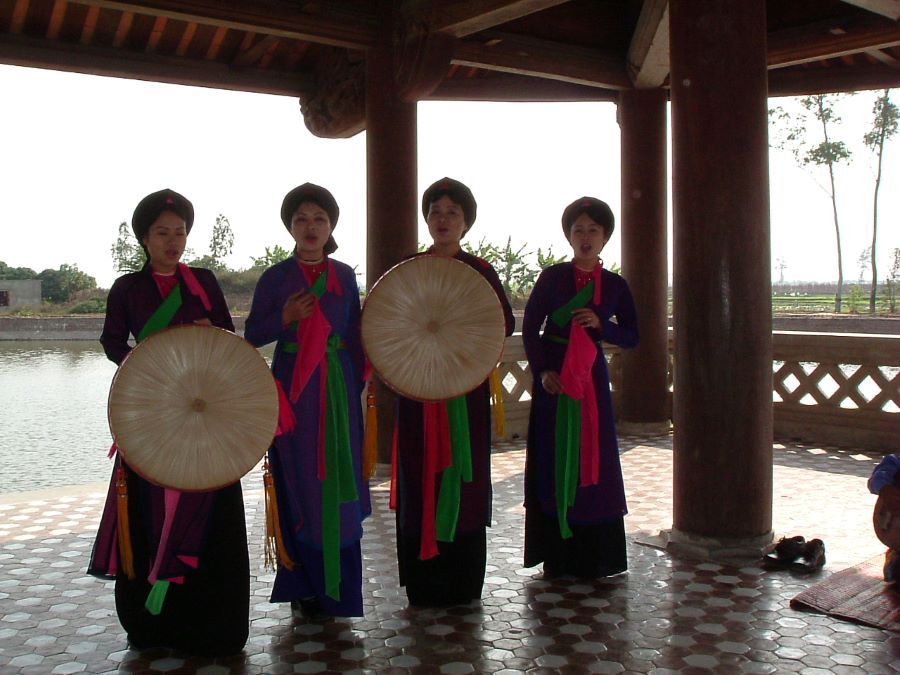
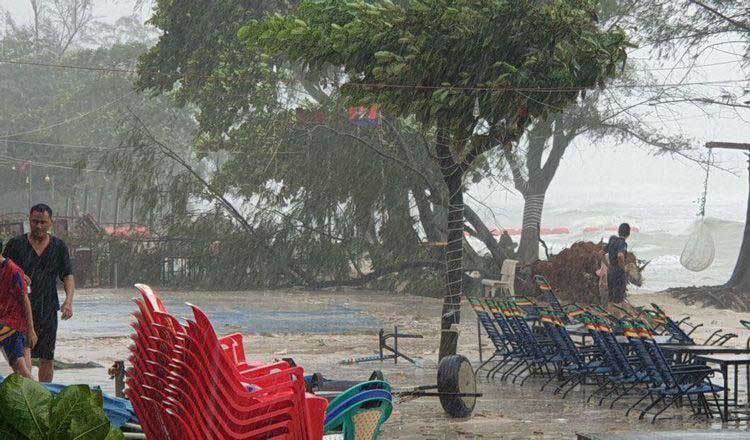
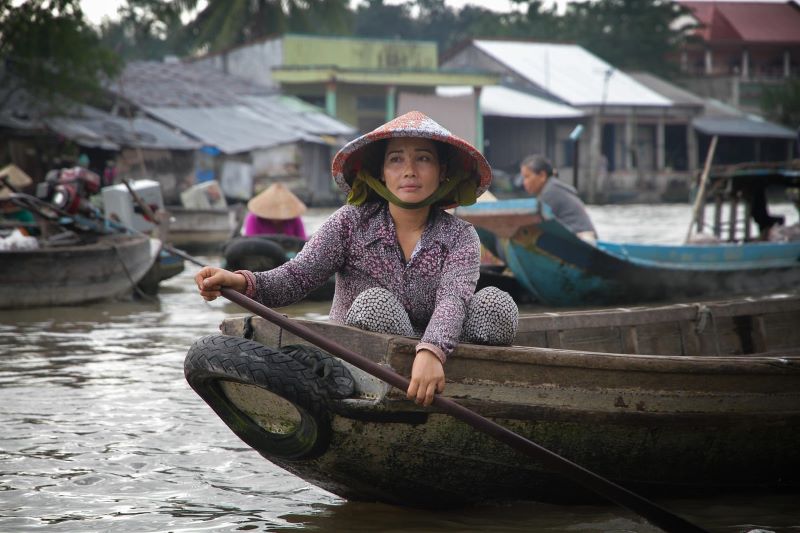 ONE-SIDED
ONE-SIDED